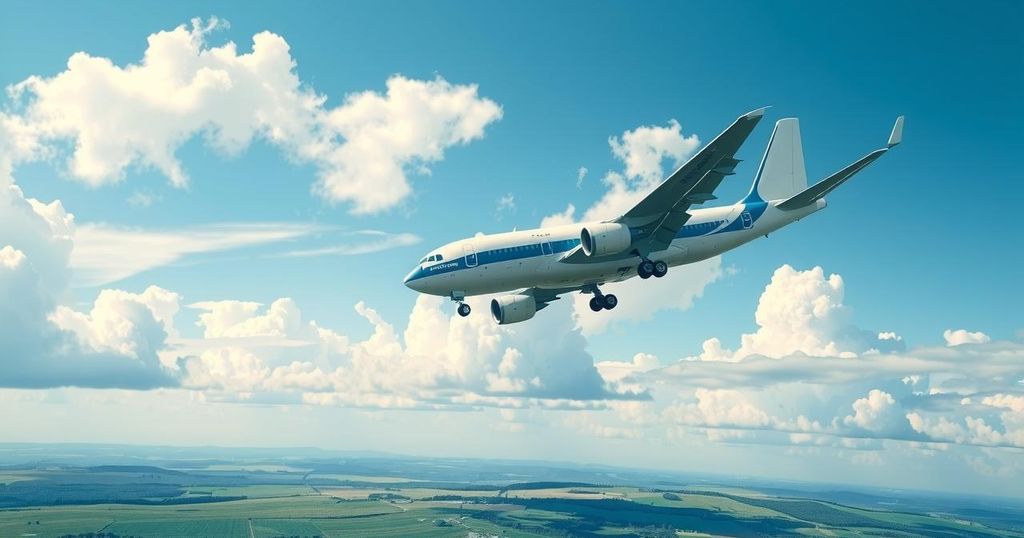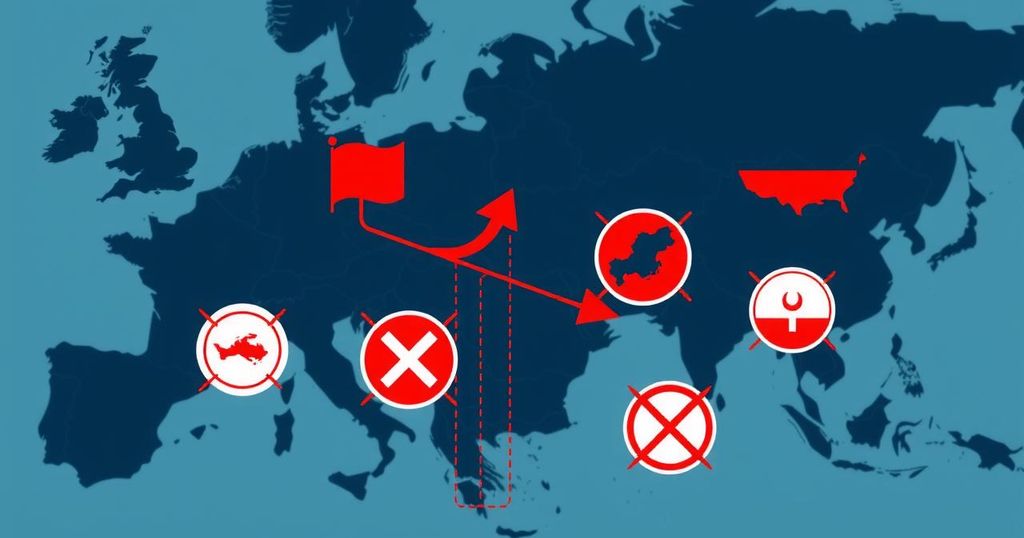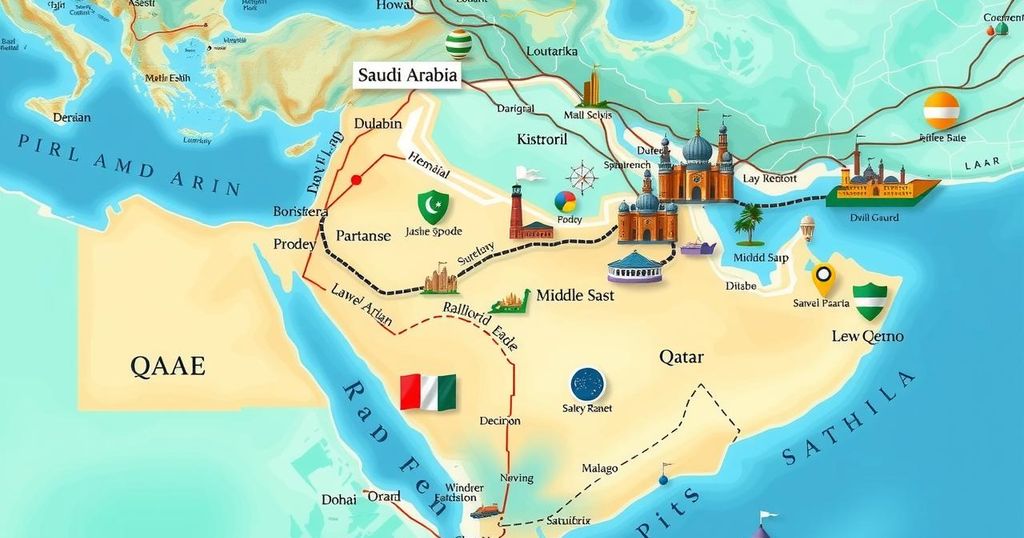Politics
CHEVRON, CONVIASA, CUBA, DEPORTATION, HERITAGE PRESERVATION, HONDURAS, HUMAN TRAFFICKING, IMMIGRATION, JORGE RODRIGUEZ, JORGE RODRÍGUEZ, MADURO, MARCO RUBIO, MIGRATION, NATIONAL ASSEMBLY, NICOLÁS MADURO, NICOLAS MADURO, NORTH AMERICA, RICHARD GRENELL, SOUTH AMERICA, TREN DE, TREN DE ARAGUA, TRUMP, UNITED STATES, US, US BUREAU OF WESTERN HEMISPHERE AFFAIRS, VENEZUELA
Dante Raeburn
Resumption of US Deportation Flights to Venezuela Following Diplomatic Dispute
US deportation flights to Venezuela have resumed after a brief pause due to diplomatic tensions stemming from sanctions. A flight carrying 199 deported Venezuelans landed in Caracas as both governments sought to address the repatriation of undocumented migrants. This move follows a series of contentious events, including previous deportations to El Salvador and warnings of sanctions from the US government.
US deportation flights to Venezuela have resumed, following a brief halt due to a diplomatic spat between the two nations. A recent flight carried 199 Venezuelans back to their homeland, landing at Simón Bolívar airport in Caracas. The suspension of these flights commenced weeks prior after the Trump administration revoked a license permitting oil exports from Venezuela to the US, affecting ongoing negotiations.
The agreement to resume deportations was reached despite the absence of formal diplomatic relations between the two governments. Venezuelan President Nicolás Maduro characterized the flights as an opportunity to “rescue and free migrants from prisons in the US.” As deportees disembarked, many expressed joy by raising their arms and waving, marking their return after being transferred initially from Texas.
According to the US Bureau of Western Hemisphere Affairs, the deportees were termed “illegal aliens” with no legal right to remain in the United States. Contrarily, Jorge Rodríguez, head of Venezuela’s National Assembly, emphasized that migration should not be viewed as a criminal act, reflecting the contentious nature of the deportations.
Originally, an agreement to accept deportees had been established in January through Trump’s special envoy, Richard Grenell. This agreement was previously interpreted as a significant achievement for the Trump administration in its efforts to prioritize the deportation of undocumented migrants. However, President Maduro acknowledged that recent sanctions disrupted communication channels that were crucial to returning Venezuelans unjustly detained.
In a notable incident preceding the resumption of flights, the Trump administration deported 238 Venezuelans to a mega-prison in El Salvador, claiming they were affiliated with a criminal gang, which sparked outrage in Venezuela. Following this, US Secretary of State Marco Rubio warned of potential sanctions against Venezuela for its reluctance to accept deportees, prompting Maduro to take action to facilitate the return of detained migrants.
The resumption of US deportation flights to Venezuela is a significant development in the ongoing negotiations between the two nations, amidst complex diplomatic relations. While it provides a conduit for returning Venezuelans, it simultaneously raises discussions on migration rights and the treatment of deportees. Both nations are navigating sensitive issues of sovereignty, legal rights, and sanctions, highlighting the intricate nature of immigration policies in the current geopolitical landscape.
Original Source: www.bbc.com








Post Comment